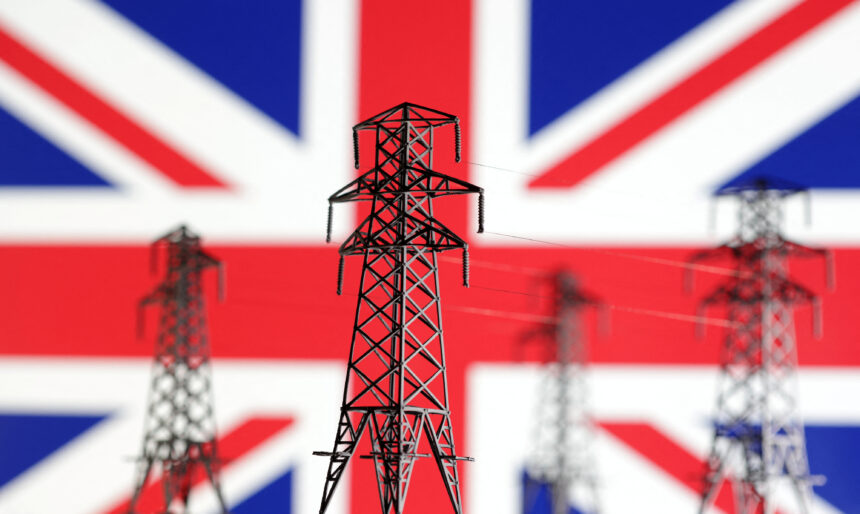Millions of households across Great Britain will see their energy bills increase from January, after Ofgem announced a surprise rise in the government’s price cap during the coldest months of the year.
The regulator confirmed the cap will increase by 0.2% between January and March, adding £3 to a typical annual dual-fuel bill, bringing the average to £1,758.
The rise comes despite earlier forecasts of a temporary fall in costs due to declining wholesale prices. Instead, higher government policy costs have pushed the cap upward.
The cap sets the maximum suppliers can charge 29 million households for each unit of gas and electricity. Ofgem said that in real terms, the cap is 2% lower than during the same period in 2025.
Still, bills this winter remain roughly 50% higher than before Russia’s invasion of Ukraine triggered a surge in global energy prices.
Although wholesale prices have dropped 4% in the past three months, Ofgem warned that market conditions remain volatile.
The increase will affect households using more electricity than gas the most posing a challenge to government plans encouraging a shift to electric heating and cooking to cut emissions.
MoneySavingExpert founder, Martin Lewis cautioned that high electricity users may see bills rise 3–4% because electricity unit rates will increase by 5.1%, driven by rising policy levies. Gas unit rates, meanwhile, will fall by 5.7%.
Lewis called for a social tariff for vulnerable households, warning that policy costs could drive bills up 4–5% again in April.
Energy debt has doubled from £2bn to £4.4bn in three years, with nearly 7 million people now owing money to suppliers.
National Energy Action urged Chancellor Rachel Reeves to use next week’s budget to ease household debt by shifting some environmental levies onto general taxation. Reeves is considering scrapping the 5% VAT on electricity bills.
Energy minister, Martin McCluskey said the government is working to reduce bills long-term through its clean power strategy.













